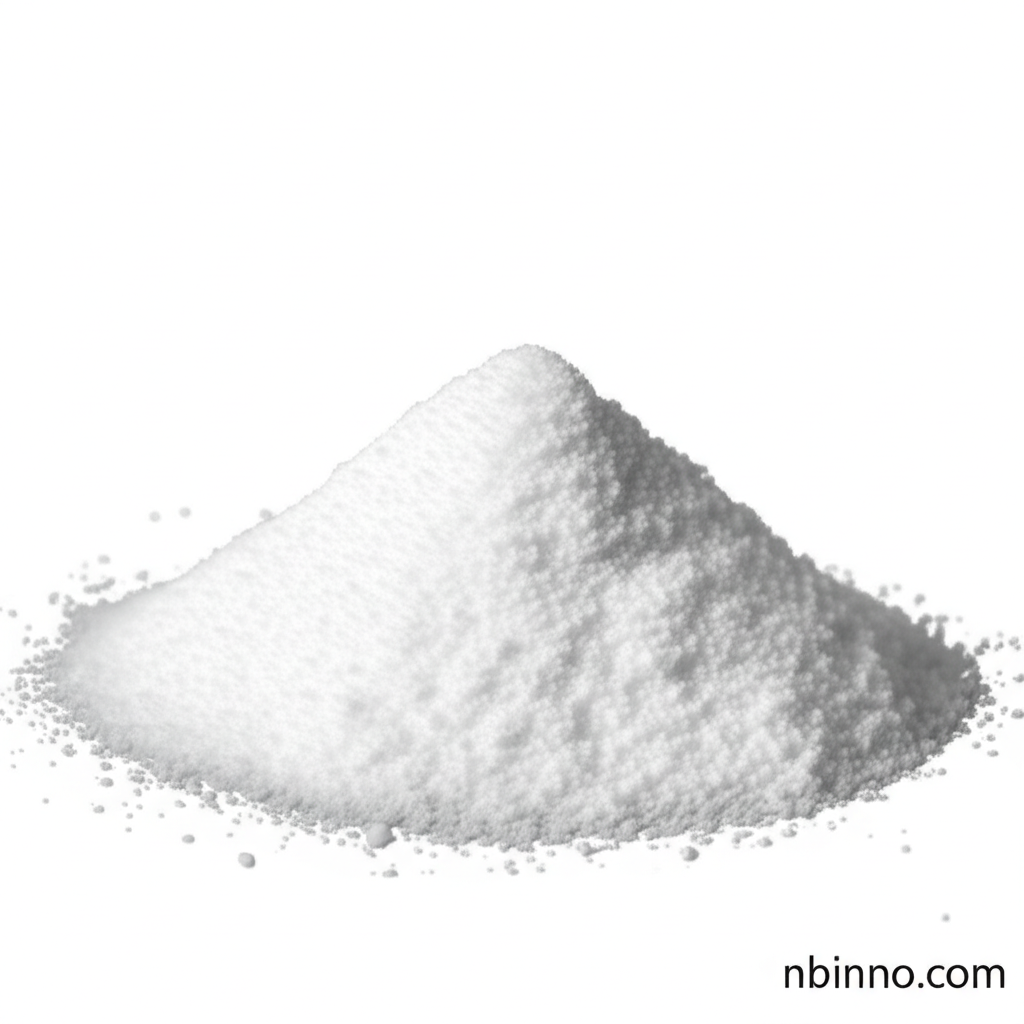KL1333: A Potent NAD+ Modulator for Enhancing Mitochondrial Function and Energy Metabolism
Discover the power of KL1333, a novel NAD+ modulator that boosts cellular energy and supports mitochondrial health.
Get a Quote & SampleProduct Core Value

KL1333
KL1333 is a cutting-edge NAD+ modulator that significantly improves energy metabolism and combats mitochondrial dysfunction. As a substrate for NQO1, it effectively elevates intracellular NAD+ levels, thereby activating key metabolic regulators like SIRT1 and AMPK, which in turn stimulate PGC-1α. This cascade enhances mitochondrial biogenesis and overall cellular energy output, offering promising therapeutic potential for conditions associated with mitochondrial impairment.
- Explore how KL1333 can be a vital component in improving mitochondrial function in MELAS patients.
- Understand the mechanisms by which NQO1 activator 1 supports energy metabolism and cellular vitality.
- Learn about the potential of KL1333 for preventing cisplatin induced ototoxicity through its protective cellular mechanisms.
- Discover the latest findings from KL1333 clinical trials highlighting its efficacy and safety profile.
Key Advantages
Enhanced NAD+ Levels
KL1333 acts as an NAD+ booster by reacting with NAD(P)H:quinone oxidoreductase 1 (NQO1), leading to increased intracellular NAD+ levels via NADH oxidation, a crucial step for cellular energy production.
Mitochondrial Health Support
By activating SIRT1, AMPK, and PGC-1α, KL1333 promotes mitochondrial biogenesis and improves the function of mitochondria, crucial for overall cellular health and energy balance.
Protective Properties
Studies indicate KL1333 offers protection against drug-induced cellular damage, such as cisplatin-induced ototoxicity, by mitigating oxidative stress and improving mitochondrial function.
Key Applications
NAD+ Regulation
Precisely modulate intracellular NAD+ levels to support cellular energy and metabolic processes with KL1333.
Mitochondrial Dysfunction Treatment
Address cellular energy deficits and improve mitochondrial health in various conditions, potentially benefiting patients with MELAS.
Metabolic Health Enhancement
Support overall cellular energy metabolism, which may be beneficial for age-related decline and metabolic disorders.
Therapeutic Adjunct
Explore the use of KL1333 as a supportive agent in treatments involving cellular stress or damage, such as chemotherapy-induced side effects.
